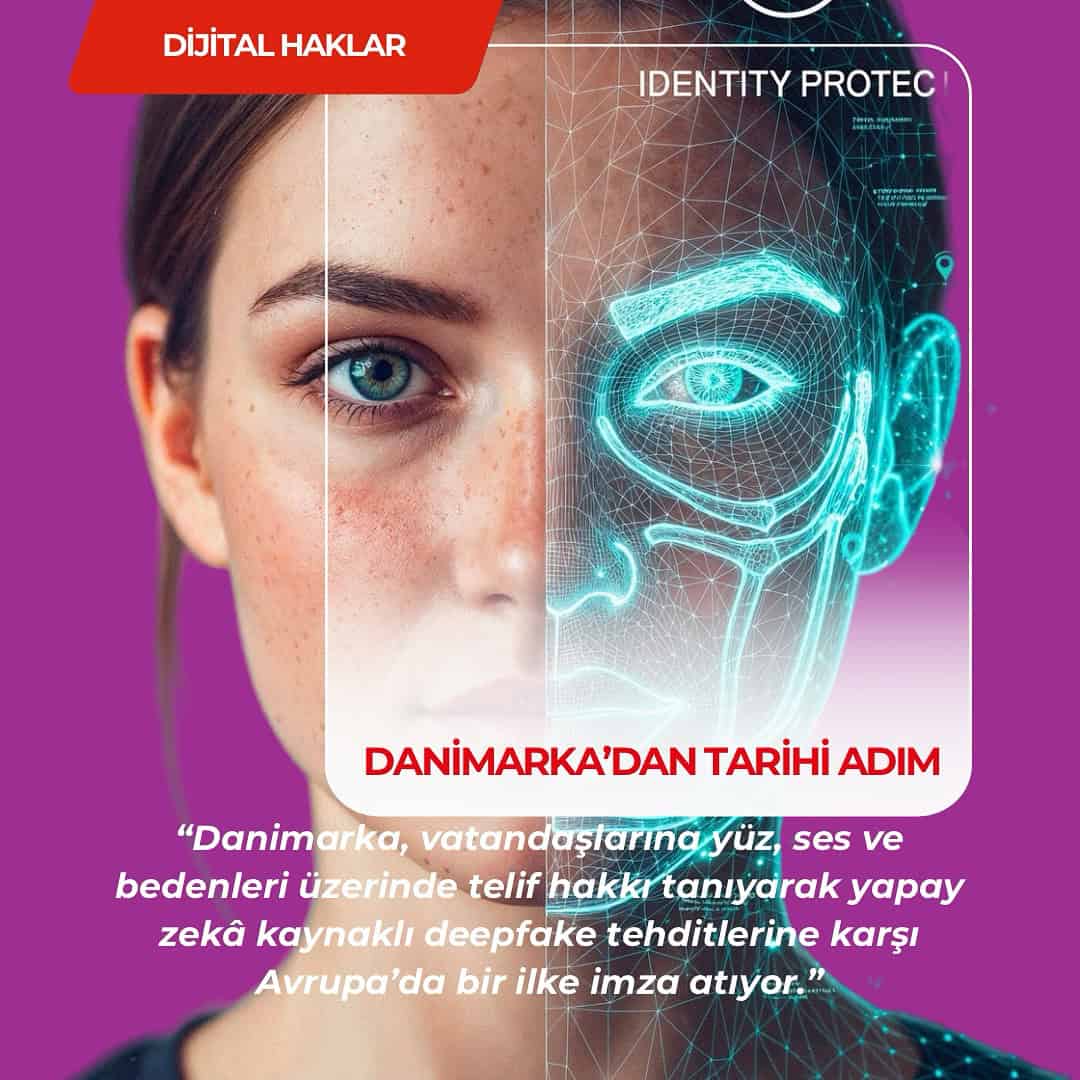Blockchain and its Trustworthiness
The new opportunities created by smart contracts and blockchain technology in the legal sector are ignored for reasons such as the fact that this system has not yet been generally accepted by state authorities and has not become widespread in practice due to the lack of legal infrastructure. Advantages of smart contracts such as providing automatic enforceability, simplifying document verification processes and accelerating arbitration processes are among the issues worth discussing. In fact, the issue of how these technologies may affect the way lawyers work is one of the issues that should be discussed with the participation of actors.
How these new generation technologies will find a place in commercial relations and the resolution of emerging transnational disputes, and whether they will gain legitimacy in existing legal orders are among the questions awaiting answers. The uncertainty of whether every commercial enterprise or sector will use smart contracts, whether it will accept blockchain technology, and the lack of current legal regulation increases the apathy.
From retail stores to law firms, the untapped potential of blockchain has created high expectations in almost every type of industry in the world. However, these expectations are largely based on uncertainty and a lack of understanding of exactly how this technology could be useful for different industries.
The issue of how these technologies will provide solutions to current needs and how they can be useful in different areas should be evaluated on the legal level and within the developing order. The first known arbitration decision regarding the blockchain sector in Spain was issued on November 10, 2021, as an important decision and a development in the literature regarding the advantage of blockchain technology over existing technologies or whether it is possible to apply it in international arbitration. Blockchain Arbitration Society It was given under the umbrella of (BAS).
This decision marked a significant milestone in blockchain arbitration in Spain. This decision, which is bound to set a precedent for the entire blockchain ecosystem and future blockchain arbitrations, contains a series of explanations about the evidentiary value of the blockchain system and whether it can be relied upon. The arbitrator who made the said decision established that “blockchain is a distributed ledger technology and, in particular, blockchain technology based on public key cryptography allows the creation of an immutable and managed record in a completely decentralized manner. With this decision, which emphasizes the immutability and reliability of the information recorded in the blockchain, the system has gained recognition in dispute resolution.
What a blockchain is and what it is useful for is important at this point. While practical solutions are being tried for the processing, storage and security of data, the issue of reliability of decisions will come to the fore. Making common regulations on these issues is important in terms of trust in new technological developments. It is necessary to evaluate the legal basis and technical infrastructures on which existing and new technologies are based in international commercial arbitration. The role of international organizations in this regard will determine the fate of the regulations regarding new generation technologies.



